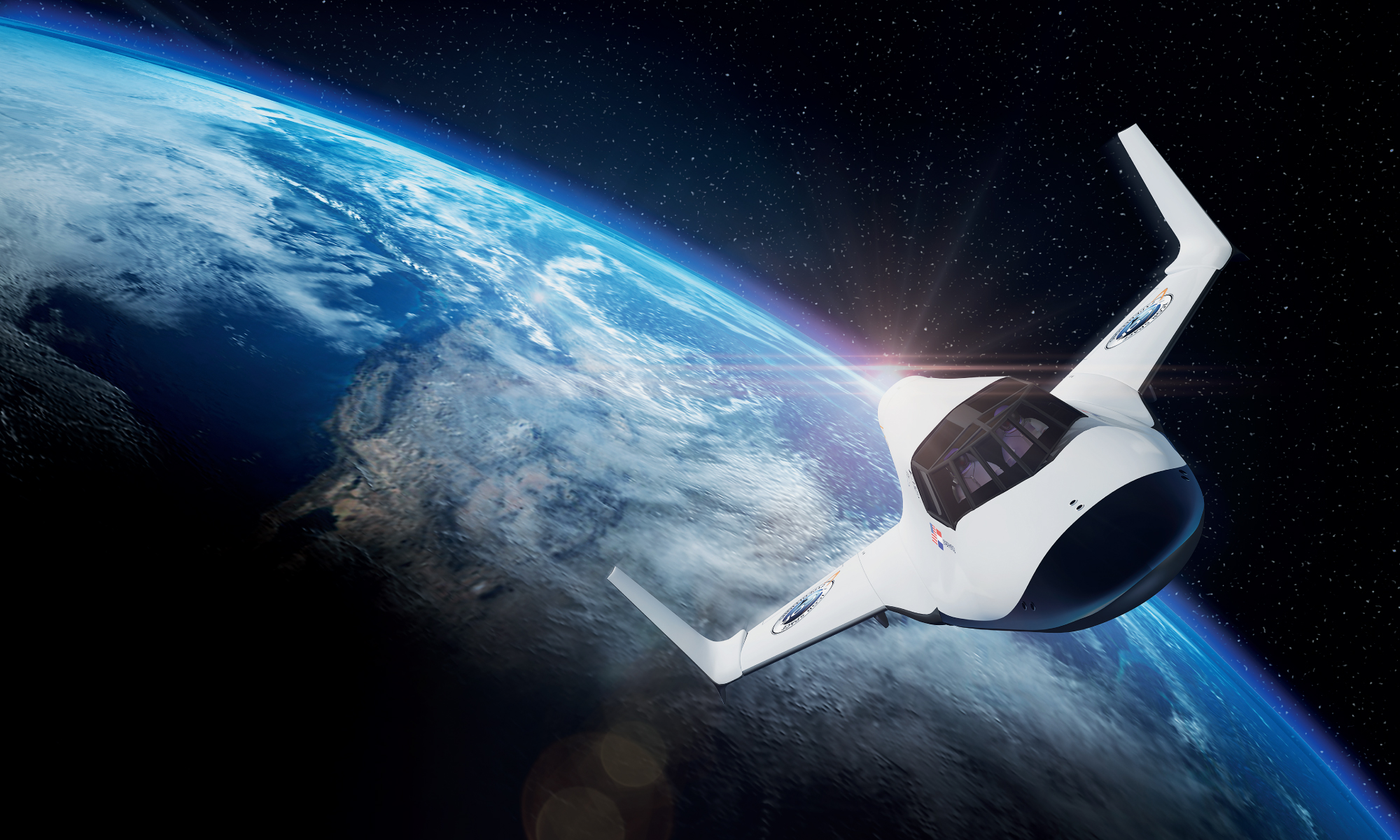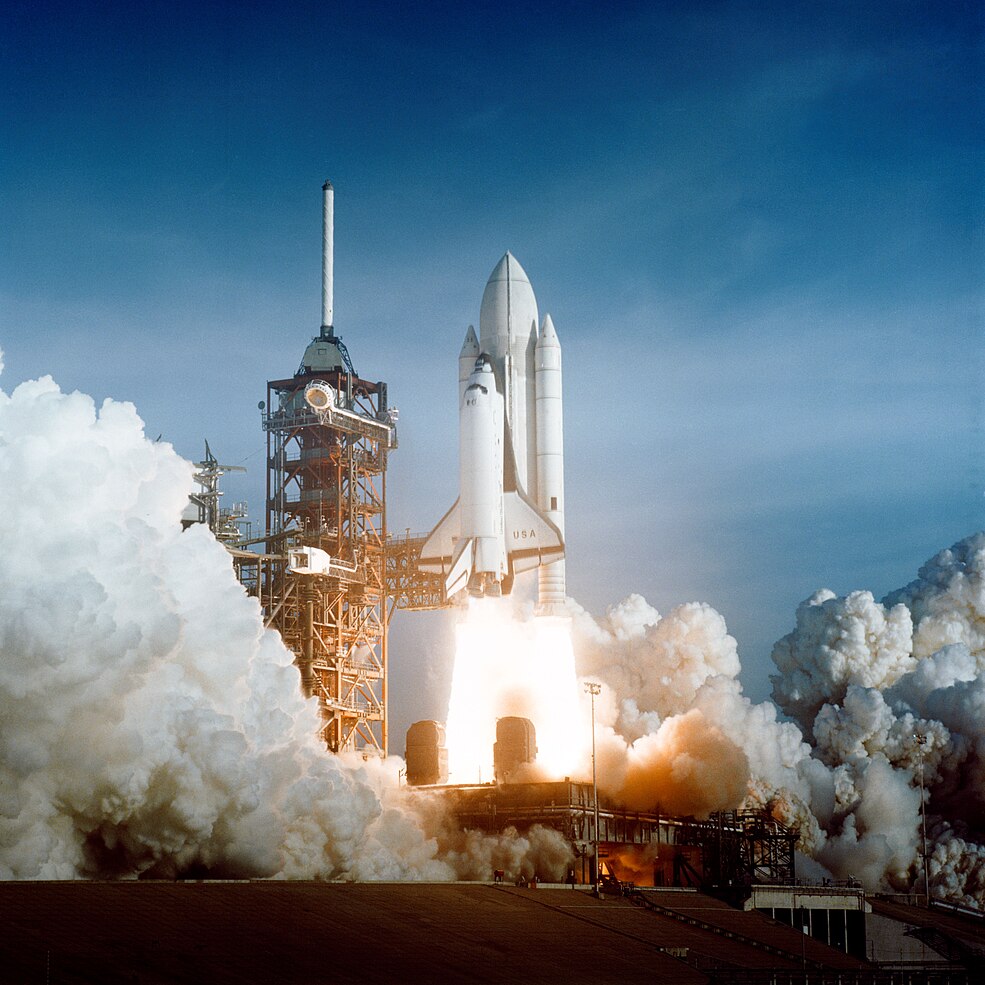Mini Sheet: 75th Anniversary of Birth of G. S. Titov (1935-2000) (Russia 2010)
75th Anniversary of Birth of G. S. Titov (1935-2000) (Russia 2010)
10 September (Russia ) within release Cosmonaut goes into circulation Mini Sheet 75th Anniversary of Birth of G. S. Titov (1935-2000) face value 10.50 Russian ruble
| Mini Sheet 75th Anniversary of Birth of G. S. Titov (1935-2000) in catalogues | |
|---|---|
| Michel: | Mi:RU 1674 Klb |
Mini Sheet is horizontal format.
Also in the issue Cosmonaut:
- Stamp - 75th Anniversary of Birth of G.S.Titov (1935-2000) face value 10.50;
- Mini Sheet - 75th Anniversary of Birth of G. S. Titov (1935-2000) face value 10.50;
Mini Sheet 75th Anniversary of Birth of G. S. Titov (1935-2000) it reflects the thematic directions:
Famous People refers to the fame and public attention accorded by the mass media to individuals or groups or, occasionally, animals, but is usually applied to the persons or groups of people (celebrity couples, families, etc.) themselves who receive such a status of fame and attention. Celebrity status is often associated with wealth (commonly referred to as fame and fortune), while fame often provides opportunities to make money.
Commemorations are a type of religious observance in the many Churches of the Anglican Communion, including the Church of England. They are the least significant type of observance, the others being Principal Feasts, Principal Holy Days, Festivals, and Lesser Festivals. Whereas Principal Feasts must be celebrated, it is not obligatory to observe Commemorations. They are always attached to a calendar date, and are not observed if they fall on a Sunday, in Holy Week, or in Easter Week. In Common Worship Commemorations are not provided with collects or indications of liturgical colour. However, they may be celebrated as Lesser Festivals if local pastoral conditions suggest it.
A spacecraft is a vehicle that is designed to fly and operate in outer space. Spacecraft are used for a variety of purposes, including communications, Earth observation, meteorology, navigation, space colonization, planetary exploration, and transportation of humans and cargo. All spacecraft except single-stage-to-orbit vehicles cannot get into space on their own, and require a launch vehicle (carrier rocket).
An astronaut (from the Ancient Greek ἄστρον (astron), meaning 'star', and ναύτης (nautes), meaning 'sailor') is a person trained, equipped, and deployed by a human spaceflight program to serve as a commander or crew member aboard a spacecraft. Although generally reserved for professional space travelers, the term is sometimes applied to anyone who travels into space, including scientists, politicians, journalists, and tourists
Outer space (or simply space) is the expanse that exists beyond Earth's atmosphere and between celestial bodies. It contains ultra-low levels of particle densities, constituting a near-perfect vacuum of predominantly hydrogen and helium plasma, permeated by electromagnetic radiation, cosmic rays, neutrinos, magnetic fields and dust. The baseline temperature of outer space, as set by the background radiation from the Big Bang, is 2.7 kelvins (−270 °C; −455 °F)






